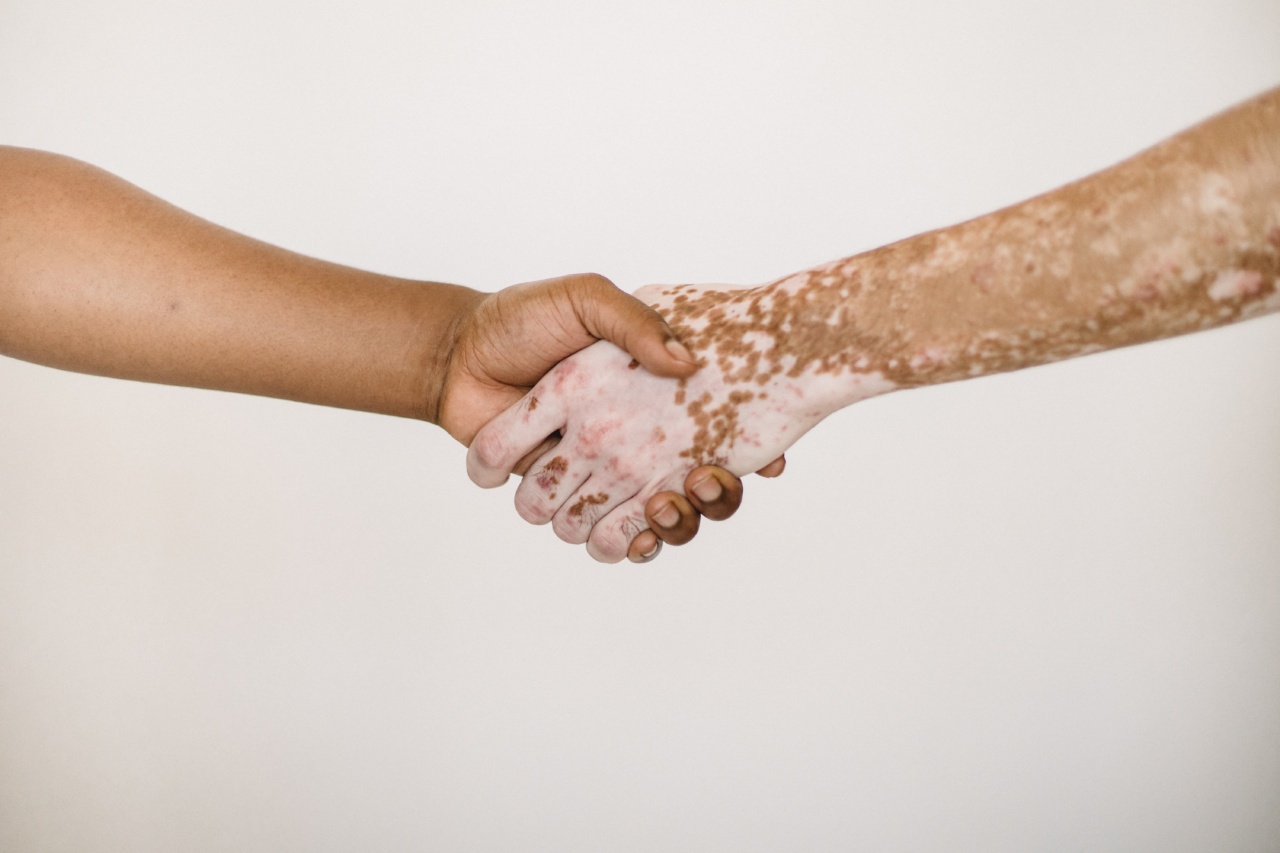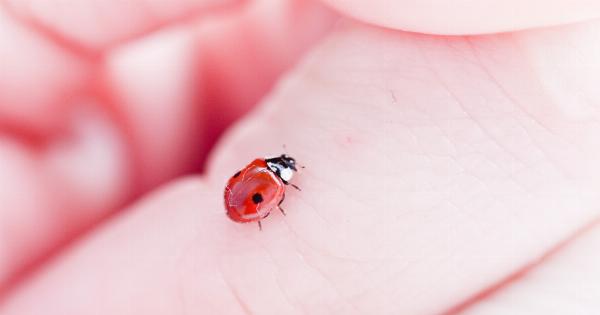Psoriasis and eczema are two common skin conditions. These conditions cause rashes on the skin and can be frustrating to deal with. It is important to understand the differences between psoriasis and eczema, as they require different treatments.
In this article, we will discuss psoriasis vs. eczema and how to spot the symptoms.
Psoriasis
Psoriasis is a chronic autoimmune condition that affects the skin, scalp, and nails. It is caused by an overactive immune system that triggers the rapid growth of skin cells.
Psoriasis can cause patches of thick, red, scaly skin that can be itchy or painful. The most common type of psoriasis is plaque psoriasis, which appears as raised, red patches covered with silver-colored scales.
Symptoms of psoriasis may vary from person to person, but common symptoms include:.
- Red, raised patches of skin
- Silvery scales
- Dry, cracked skin that may bleed
- Itching or burning sensation
- Thickened, pitted or ridged nails
- Joints that are stiff or swollen (psoriatic arthritis)
Eczema
Eczema, also known as atopic dermatitis, is a skin condition that causes red, itchy, and inflamed skin. It is a chronic condition and can be triggered by a variety of factors, including stress, allergies, and changes in weather.
Eczema can affect any part of the body, but it is most common on the hands, feet, and face.
Common symptoms of eczema include:.
- Dry, itchy skin
- Patches of thick, scaly skin
- Red or brownish-gray patches
- Small, raised bumps that may ooze or crust
- Swollen, cracked, or raw skin
- Sensitive skin that may burn or sting
Spotting the Differences
While psoriasis and eczema may have some similar symptoms, there are some key differences that can help you distinguish between the two conditions.
Appearance
One of the easiest ways to tell the difference between psoriasis and eczema is by their appearance. Psoriasis typically involves thick, red patches of skin that are covered by silvery scales. These patches may also be raised or have sharp edges.
In contrast, eczema may involve patches of red, itchy skin that may be rough or scaly, but they are not usually covered by scales.
Location
The location of the rash can also give you a clue as to whether you are dealing with psoriasis or eczema. Psoriasis is most commonly found on the elbows, knees, scalp, and lower back, but it can occur anywhere on the body.
In contrast, eczema is most commonly found on the hands, feet, and face.
Symptoms
While psoriasis and eczema may share some similar symptoms, they can also have some unique symptoms. For example, psoriasis can cause thickened, pitted, or ridged nails, while eczema may cause small, raised bumps that can become oozing and crusting.
Additionally, psoriasis can cause joint pain and swelling (psoriatic arthritis), while eczema does not.
Treatment
Psoriasis and eczema require different treatments, so it is important to get an accurate diagnosis. Treatment options for psoriasis include:.
- Topical creams and ointments
- Light therapy (phototherapy)
- Oral medications
- Biologic drugs
Treatment options for eczema include:.
- Moisturizers and emollients
- Topical steroids or immunomodulators
- Oral antihistamines
- Wet dressings
- Phototherapy
- Oral medications
Conclusion
Psoriasis and eczema are both common skin conditions that can be frustrating to deal with. While they may share some similar symptoms, they are different conditions that require different treatments.
If you suspect that you may have psoriasis or eczema, it is important to seek an accurate diagnosis and appropriate treatment.





























